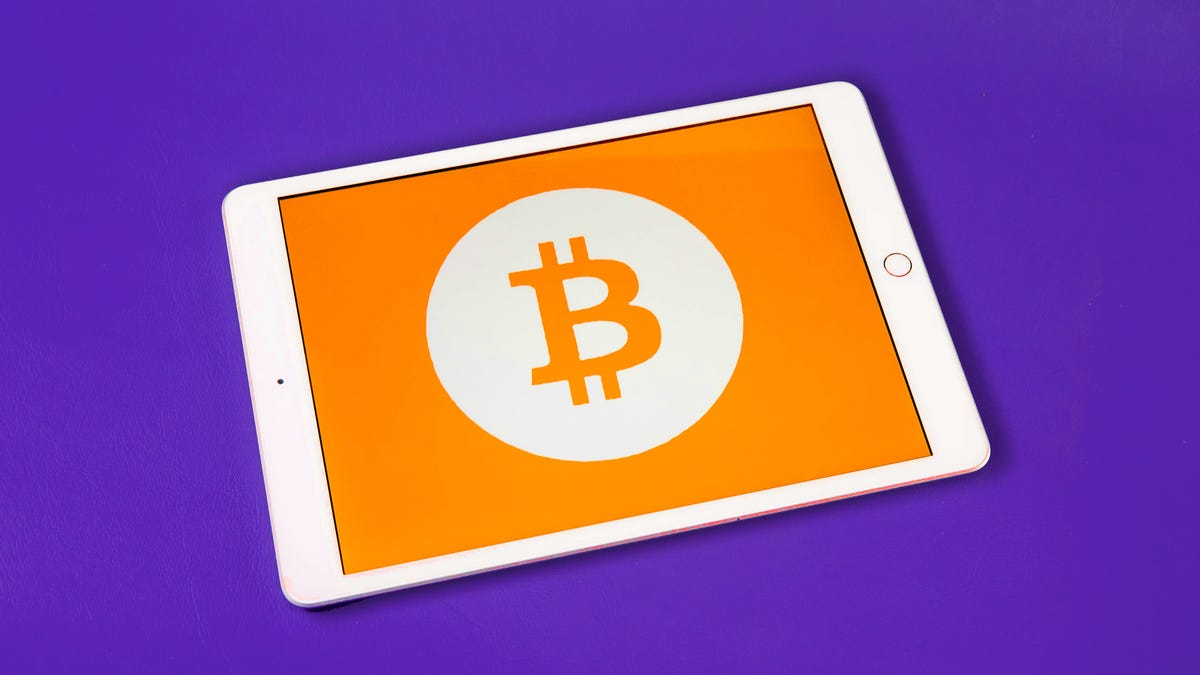Fidelity Plans to Offer Bitcoin Option in 401(k) Retirement Funds by Midyear
The Labor Department has been critical of Fidelity's decision. Fidelity says it's looking toward the future.

Fidelity is the first major provider to allow bitcoin investments in its 401(k) accounts. The company made the announcement Tuesday and said the option will be broadly available to employers by the middle of this year.
Employers will have final say on whether their retirement accounts include the cryptocurrency and will determine the maximum amount workers can allocate to bitcoin. Account fees will be between 0.75% and 0.90%, The New York Times reported, and there will be an additional trading fee, which Fidelity hasn't yet disclosed.
"There is growing interest from plan sponsors for vehicles that enable them to provide their employees access to digital assets in defined contribution plans, and in turn from individuals with an appetite to incorporate cryptocurrencies into their long-term investment strategies," Dave Gray, head of workplace retirement offerings and platforms at Fidelity, said in a statement.
Regulators have been critical of including cryptocurrency in retirement funds. The US Labor Department, which oversees workplace retirement plans, said last month that 401(k) plan fiduciaries, the people who manage retirement funds, should be wary when considering cryptocurrencies.
"At this stage of cryptocurrency's development, fiduciaries must exercise extreme care before including direct investment options in cryptocurrency," the acting assistant secretary for the Labor Department's Employee Benefits Security Administration, Ali Khawar, said in a release last month.
This week, Khawar commented directly on Fidelity's decision. "We have grave concerns with what Fidelity has done," Khawar told The Wall Street Journal. "For the average American, the need for retirement savings in their old age is significant. We are not talking about millionaires and billionaires that have a ton of other assets to draw down."
In response, Fidelity told the Journal it's expanding its digital asset offerings amid growing demand across investor segments, and that it thinks such assets "will represent a large part of the financial industry's future."
Fidelity's Gray also told the Times earlier in the week that his company's new account addresses a number of the Labor Department's concerns, which include danger of theft as well as the possibility of investors misunderstanding crypto's risks.
In spite of those remarks from Gray, however, the warning from regulators underscores bitcoin's sharp volatility. Since November 2021, bitcoin has lost more than 40% of its value, which now sits at around $40,000. Despite fluctuations, bitcoin has slowly gained traction in mainstream markets over the last year, with the first publicly traded bitcoin futures ETF debuting.
The move to include bitcoin in 401(k) plans is Fidelity's latest foray into cryptocurrency. Last year, Fidelity released a fund that tracks bitcoin's price, which the SEC ruled isn't allowed to be sold in the US. Last year, it also purchased a 7.4% stake in one of the largest bitcoin mining operations in the US.
Read more: Biden Directs Feds to Regulate Cryptocurrency and Consider 'Digital Dollar'

